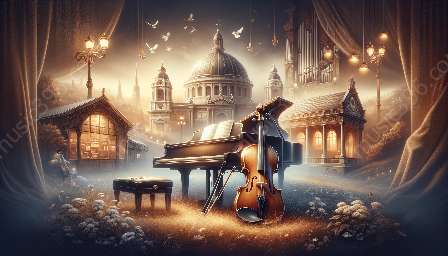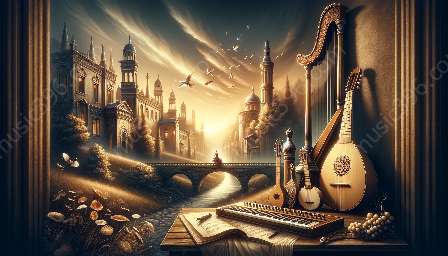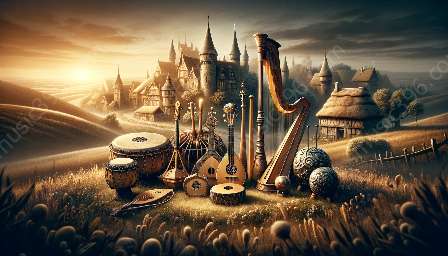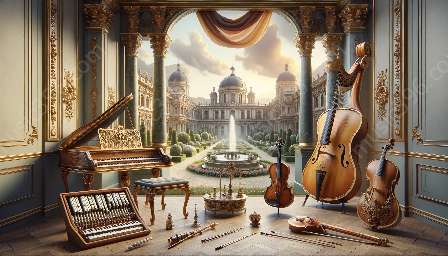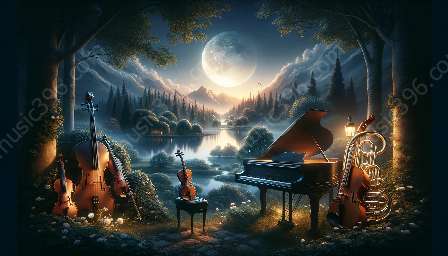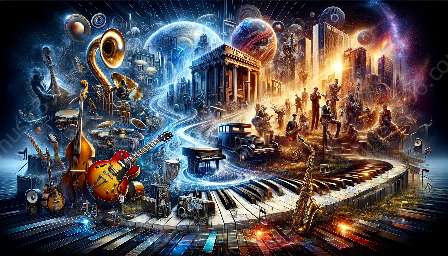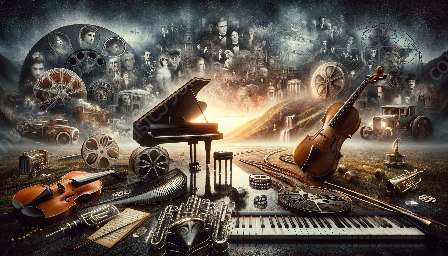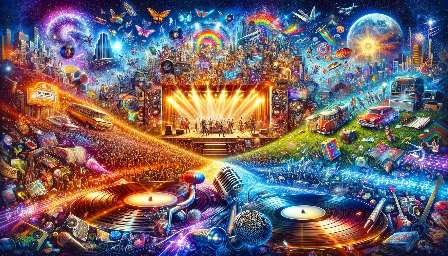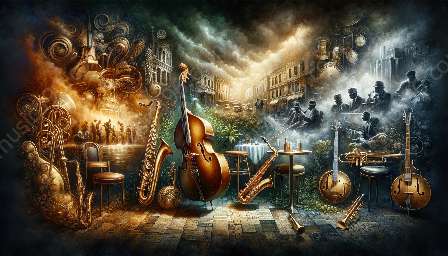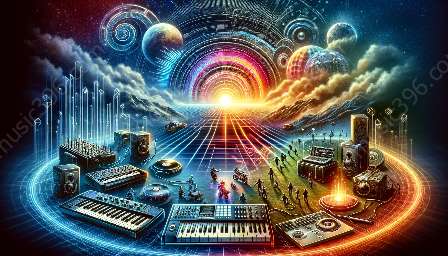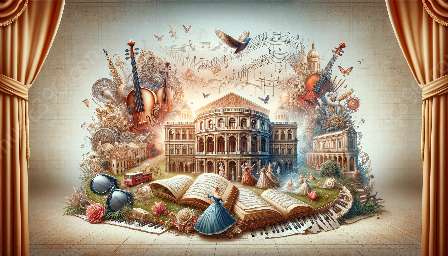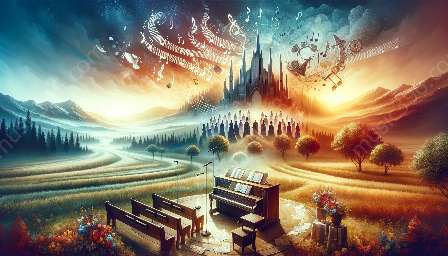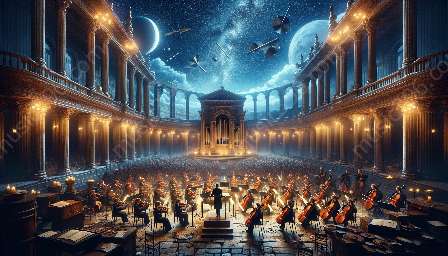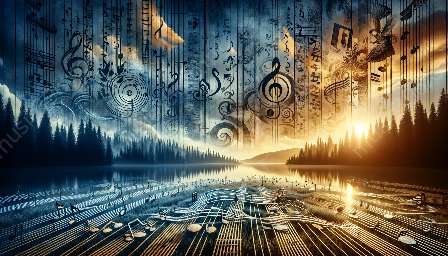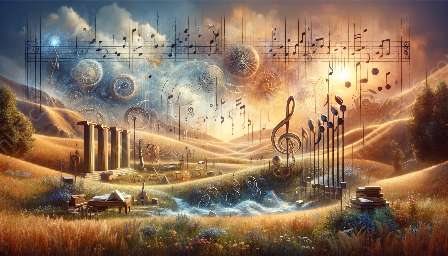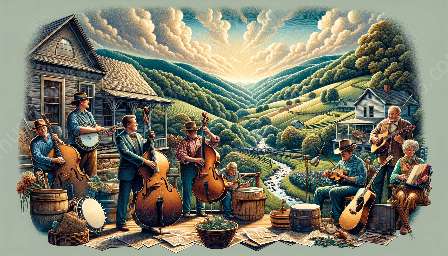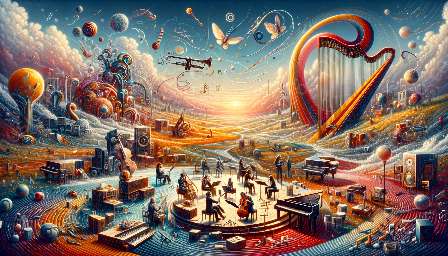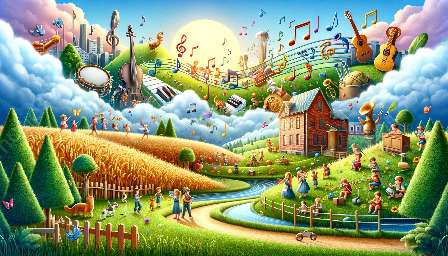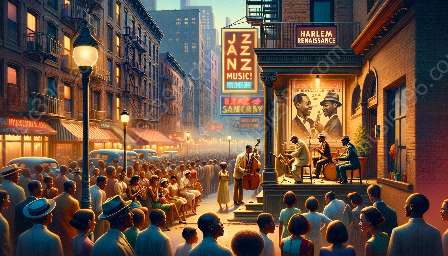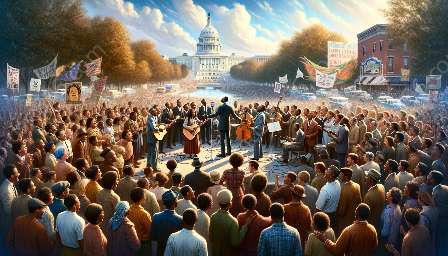The Romantic era, spanning from the late 18th to the late 19th century, heralded a transformative shift in the world of music. This period was marked by a deep reverence for individual expression, emotional intensity, and a connection to nature, which profoundly influenced both opera and symphonic music.
Historical Context
Emerging in the wake of the Enlightenment, the Romantic era was characterized by a rejection of rationalism and a celebration of subjectivity and emotional depth. This shift in ideology had a profound impact on the arts, including music. Composers sought to evoke powerful emotions and transport audiences to imaginative, often dramatic, landscapes.
Characteristics of Romantic Era Music
Romantic era music was characterized by a departure from the conventions of the Classical period. Composers embraced dramatic expression, rich harmonies, and expanded tonal palettes to convey the depths of human experience. The use of folk melodies, nationalistic themes, and literary inspirations became prevalent, reflecting a desire to connect with diverse cultural influences.
Impact on Opera
The Romantic era brought significant changes to the world of opera. Composers such as Giuseppe Verdi and Richard Wagner redefined the genre, weaving intricate narratives of love, heroism, and tragedy. The thematic content of opera expanded to encompass a broader range of human emotion and experience, intertwining with the idealized, emotional stories that epitomized the Romantic movement.
Moreover, the Romantic era saw an emphasis on grandiose orchestration and vocal prowess, leading to the creation of some of the most iconic and demanding roles in operatic history. This shift elevated both the operatic composer and the opera singer to unprecedented levels of esteem and popularity.
Impact on Symphonic Music
Similarly, the influence of the Romantic era on symphonic music was profound. Composers such as Ludwig van Beethoven, Franz Schubert, and Pyotr Ilyich Tchaikovsky expanded the symphonic form, infusing it with emotional depth and expressive power. Symphonies became showcases for the composer’s artistic vision, often reflecting personal struggles, triumphs, and existential questions.
The Romantic symphony also embraced larger orchestras and innovative use of instrumental timbres, incorporating new instruments and pushing the boundaries of technical virtuosity. This innovation expanded the sonic palette available to composers and enriched the symphonic repertoire with groundbreaking compositions.
Influential Composers of the Romantic Era
Several composers left an indelible mark on the Romantic era, shaping the course of opera and symphonic music. Richard Wagner’s revolutionary approach to opera, exemplified in works like ‘Tristan und Isolde’ and the epic ‘Ring Cycle,’ reshaped the genre and paved the way for modern operatic practices. Meanwhile, Giuseppe Verdi's deeply emotional operas, including ‘La traviata’ and ‘Rigoletto,’ captured the essence of the Romantic spirit, inspiring generations of composers and audiences alike.
In the realm of symphonic music, Pyotr Ilyich Tchaikovsky’s symphonies, particularly his Sixth Symphony (Pathétique), stand out as powerful embodiments of Romantic ideals, exploring themes of fate, passion, and despair. Additionally, Johannes Brahms and Antonín Dvorák contributed symphonic masterpieces that reflected the emotional breadth and technical innovation of the Romantic period.
Conclusion
The Romantic era left an indelible mark on the world of opera and symphonic music, reshaping these art forms with its focus on individual expression, emotional depth, and a connection to the human experience. Composers of this era sought to capture the full spectrum of human emotion and to immerse audiences in compelling narratives, pushing the boundaries of musical expression and inspiring generations of musicians and listeners.

